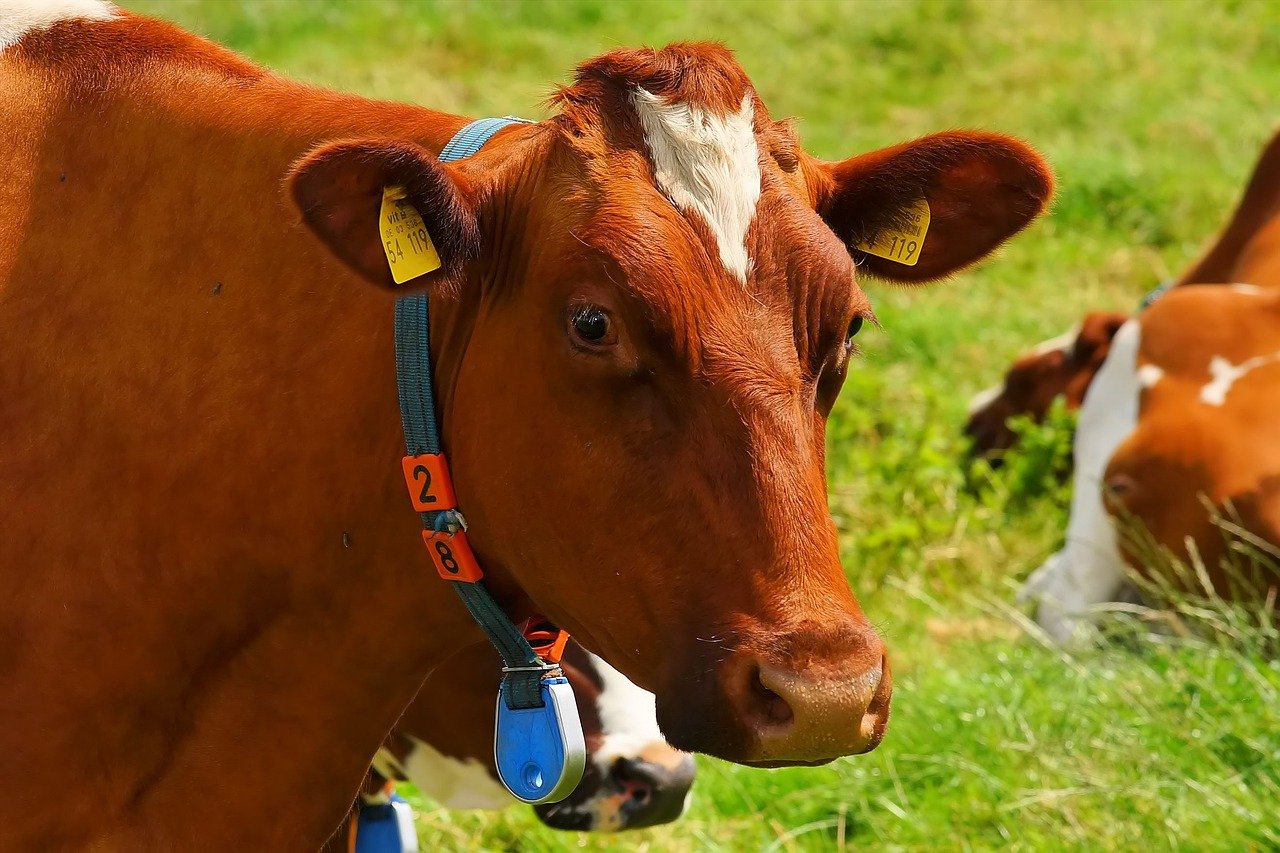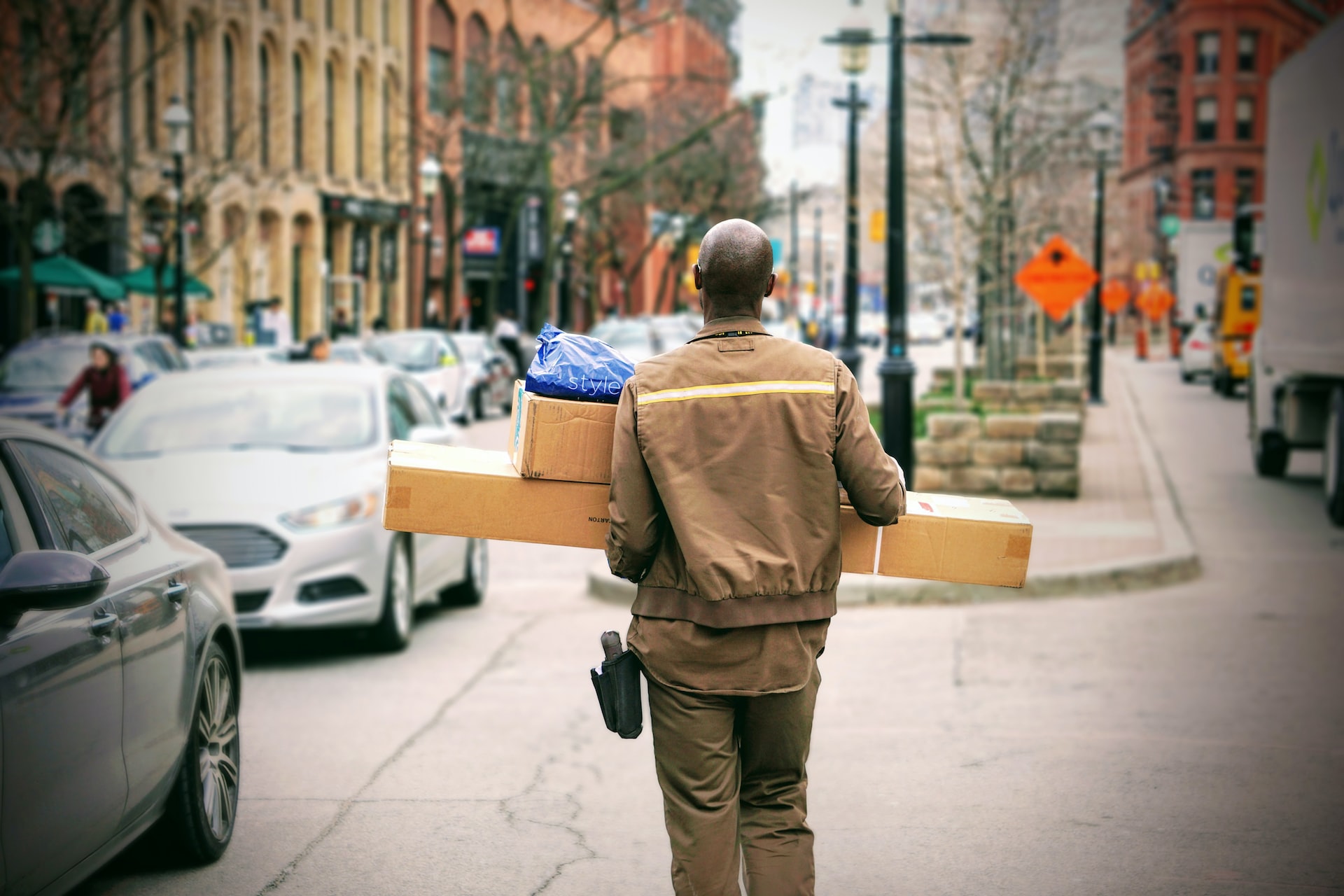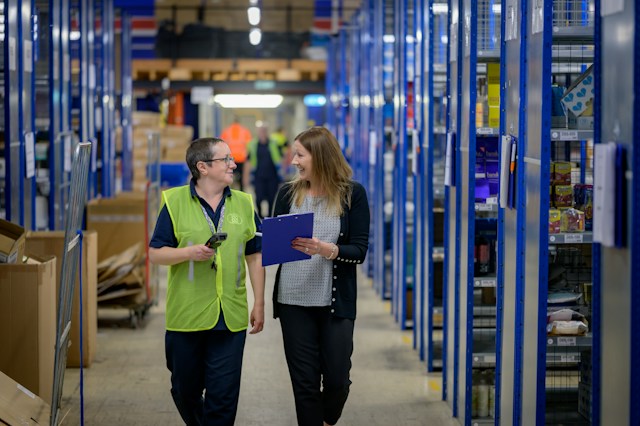As a cattle owner, you know that managing and tracking your cattle can be challenging. Often, your cows may move far away from their initial grazing areas, and getting them back can be a hassle. Not to mention, cattle raiding is still a big problem in many rural areas. And one of the worst outcomes can be losing cattle to theft. That’s why we’ve come up with eight tips to help you safely handle your cattle. With these tips, you’ll hopefully be able to keep your cattle close by and out of harm’s way.
Get a Cattle Record Keeping App
A cattle record-keeping app allows you to log all your cattle’s information in one place. This includes their GPS location, recent photographs, health and vaccination records, and other important details. An app makes it easier for you to keep track of your cattle and ensure their safety.
With precise cattle tracking, you are able to:
- Locate your cattle if they ever wandered off
- Respond quickly to cattle rustling incidents
- Be alerted immediately if any of your cattle cross into a neighboring farm
Use GPS Tracking Devices
GPS tracking devices can be placed on cattle collars or ear tags. These devices send real-time updates on the cattle’s location to your phone or computer. This way, you always know where your cattle are and could go to them if they ever strayed too far from home.
Install Cattle Fencing
This type of fencing is designed to withstand the impact of cattle, so it’s much stronger than regular fences. By enclosing your cattle in a secure area, you can be sure they won’t wander off and get lost or stolen.
Set Up Cameras on Your Property
If you install cameras around your farm, you are able to monitor cattle movement and activity. This gives you an extra layer of security to help prevent cattle rustling. Additionally, if any incidents do occur, you would have footage that could be used to identify the culprits.
Invest in Cattle Insurance
Cattle insurance covers the loss or theft of cattle. By investing in this insurance, you can financially protect yourself in case your cattle are ever stolen or lost.
Some cattle insurance policies may also cover:
- The cost of retrieving stolen cattle
- The cost of buying replacement cattle
- Loss of income if cattle are unable to be sold due to illness or injury
Keep Your Cattle ID Numbers Up-To-Date
This way, if any of your cattle are ever stolen, you can provide the police with their ID numbers. This would make it easier for the authorities to track down and return your cattle.
Know Your Neighbors
By building relationships with those who live near you, you can create a network of people who can help watch over your cattle. If there’s ever an issue with your cattle, you’ll have others willing to lend a hand.
Join a Cattle Association
There are many cattle associations located across the country. Joining one of these organizations can connect you with other cattle owners who can offer advice and support. Additionally, many associations have programs that can help you recover stolen cattle. Some cattle associations will even pay a reward for information leading to the return of stolen cattle. So, if you’re a member of an association, be sure to spread the word about any cattle rustling incidents in your area.
Final Word
Taking care of your cattle might seem like a task, but by following these tips, you can help keep your cattle safe from harm. We are sure the above tips were helpful.







